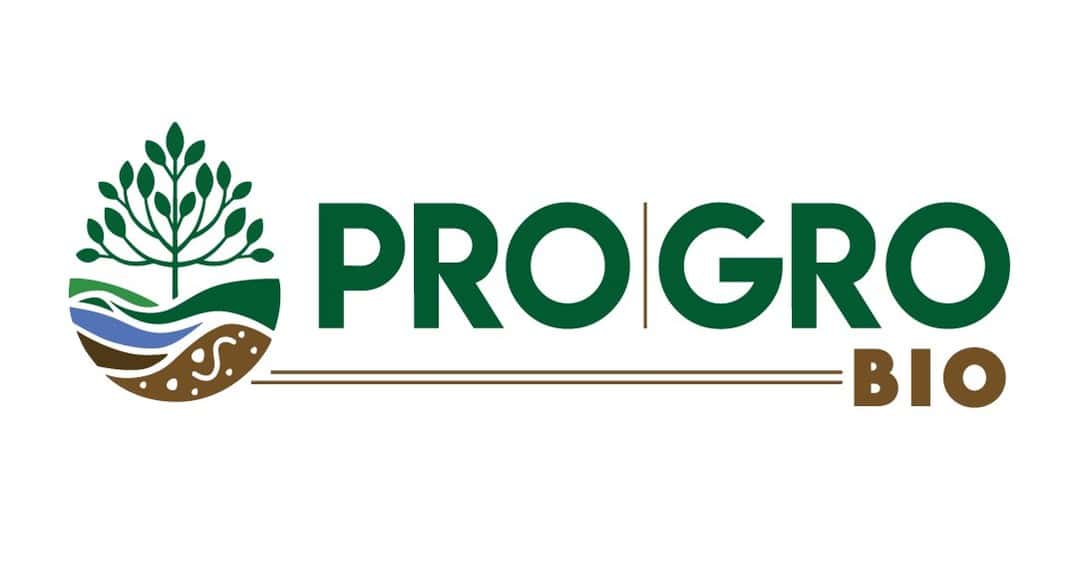Key Takeaways
- ProGro BIO has introduced two new microbial products: Rhizol JumpStart and Phoenix.
- The products are designed to address nitrogen fixation in peanuts and soil biological recovery.
- Both solutions emphasize high microbial concentration, ease of use, and cost efficiency.
- JumpStart targets peanut growers with a dry Bradyrhizobium inoculant.
- Phoenix focuses on restoring soil biology after intensive or disruptive farming practices.
ProGro BIO Expands Biological Portfolio for Practical Farm Use
ProGro BIO has announced the launch of two new microbial products aimed at supporting soil health and crop productivity through biologically driven solutions. Following extensive nationwide testing and data collection, the company stated that the new offerings are designed to deliver measurable agronomic performance while remaining practical and accessible for growers.
“At ProGro BIO, our focus has always been on delivering biological products that perform in the field while remaining practical for growers to adopt,” said Blake Young, Chief Executive Officer of ProGro BIO. “Our new product announcements, Rhizol JumpStart and Phoenix, reflect that philosophy.”
The company emphasized that both products are highly concentrated, shelf-stable, and compatible with common farm equipment and application methods.
Rhizol JumpStart Targets Nitrogen Fixation in Peanuts
Rhizol JumpStart is a proprietary dry soil inoculant formulated specifically for peanut production. It is based on Bradyrhizobium, a beneficial bacterium essential for biological nitrogen fixation in peanuts. Effective inoculation enables the crop to convert atmospheric nitrogen into a plant-available form, directly influencing yield and profitability.
Unlike many conventional liquid peanut inoculants, JumpStart is delivered in a dry, highly concentrated formulation. According to ProGro BIO, this approach improves shelf life, simplifies handling, and reduces logistical challenges. The product is fully soluble, easily mixed with water, and compatible with multiple application methods.
Due to its high microbial concentration, JumpStart is applied at a low use rate, with less than one pound of product treating up to 40 acres. ProGro BIO stated that this efficiency is intended to support consistent performance while minimizing input costs for peanut growers.
ProGro Bio's Phoenix Designed for Microbial Soil Recovery
Restoring Biological Function After Intensive Practices
Phoenix is ProGro BIO’s new microbial soil recovery tool, developed to help reestablish biological activity in soils affected by intensive agricultural practices. Activities such as aggressive tillage, fumigation, non-selective biopesticide use, and residue burning can disrupt microbial communities and reduce soil fertility over time.
Phoenix contains 29 selected microbial species chosen for their ability to survive in challenging soil environments and accelerate the recovery of soil biological function. The formulation is designed to support nutrient cycling, soil carbon processes, and long-term fertility.
In addition to microbial species, Phoenix includes humic and fulvic acids to support microbial establishment and provide an ongoing food source. With a use rate of 15 grams per acre and a shelf life of up to two years, ProGro BIO stated that Phoenix aligns with its goal of delivering biologically advanced yet practical solutions for modern agriculture.



1 Comment